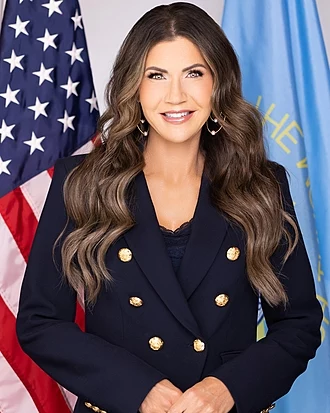
Have the U.S. anti-terrorism policies gone over the line? If so, who is responsible? The Supreme Court may bring some clarity to the issue.

By Warren Richey
The Christian Science Monitor
WASHINGTON — The US Supreme Court this week takes up a case examining whether cabinet-level officials in the Bush White House can be held legally accountable for the administration’s controversial tactics in the war on terror.
At issue is an attempt to force former Attorney General John Ashcroft and FBI director Robert Mueller to stand trial with federal agents, prison guards, and their supervisors. They are all named in a lawsuit filed by a Pakistani man who was held as a terror suspect for five months in solitary confinement in a US prison although there was no evidence connecting him to terrorism.
The case is set for oral argument on Wednesday.
Javaid Iqbal was among hundreds of Middle Eastern and South Asian Muslims who were swept up in a massive government dragnet in the New York City area in the weeks and months after the Sept. 11 attacks. Most of the men were arrested on valid immigration-related charges. But instead of being housed in an immigration detention center to await deportation, some of the men – including Mr. Iqbal – were taken to a maximum security section of a federal prison in Brooklyn.
Iqbal’s lawsuit alleges that he was subjected to “brutal mistreatment and discrimination” by federal officials who arbitrarily classified him as a Sept. 11 suspect “of high interest” to the FBI solely because he was a Muslim from Pakistan.
For Full Story




